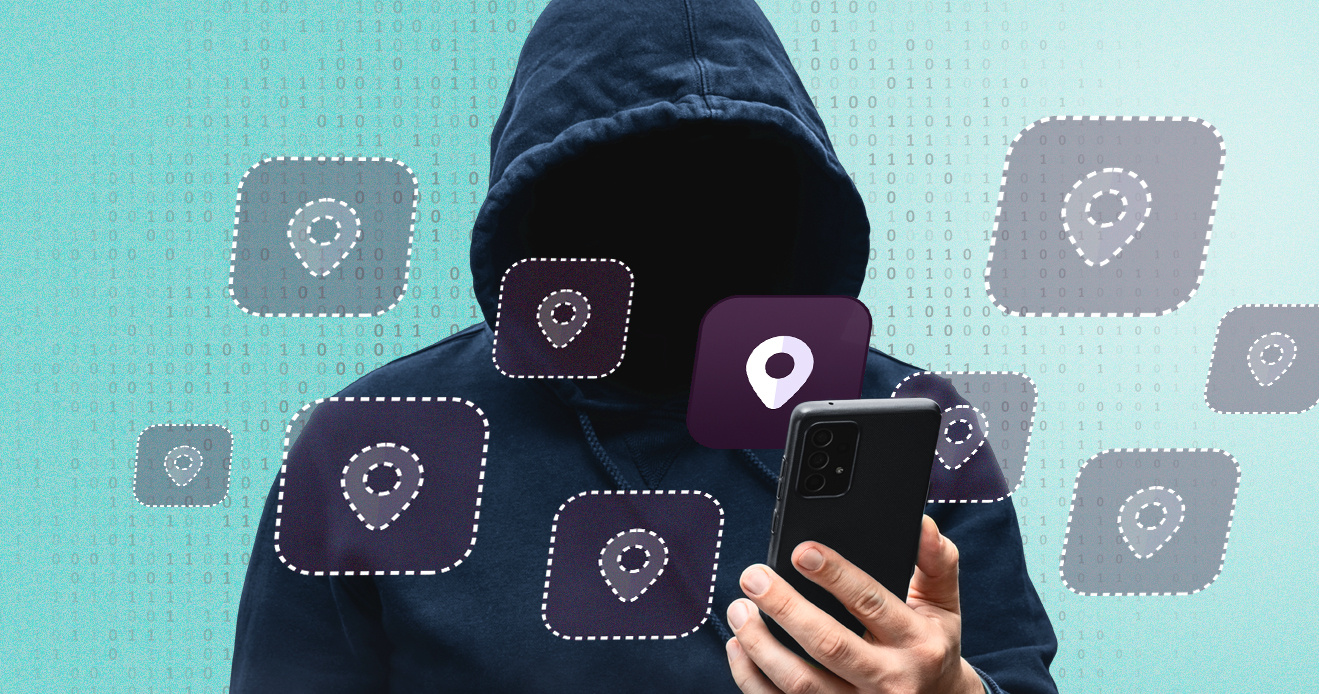- Blog
- Food Delivery Apps [Detecting Location Spoofing Fraud]
Food Delivery Apps [Detecting Location Spoofing Fraud]
Popularity of food delivery apps is surging and new fraud patterns are emerging related to drivers/couriers location spoofing
Subscribe to Incognia’s content
Food delivery apps have become wildly popular over the past several years and their growth has only accelerated since the pandemic. The food delivery market is forecasted to grow from $126.91B in 2021 to $192.16B in 2025.
As is often the case, fraudsters are opportunistic and move quickly to enter markets with rapidly growing businesses, high transaction volumes, and where security controls may be limited. Incognia has been working closely with several high-profile food delivery companies around the globe to solve increasingly challenging fraud issues and we are recognizing some noticeable patterns.
Key TakeAways
- Delivery app drivers are using location spoofing to falsely get paid for longer deliveries, accept orders from higher-paying areas, and get paid for orders they never delivered
- This type of fraud is hard to address because building solutions internally is expensive, and many fraudsters use multiple accounts to get away with it
- Incognia's approach is a combination of device intelligence enhanced by location to identify location spoofing apps on a device and look for signs that a device's reported location is incorrect
Driver/Courier fraud trends
The most current fraud problems that food delivery customers are approaching us to help solve are related to drivers and couriers. Specifically, drivers are using GPS spoofing apps on their mobile devices to fake their location in order to trick the food delivery driver app into allowing them to accept deliveries for orders that they otherwise would not have access to based on true location. Drivers successfully faking their GPS location are able to:
- get paid for longer deliveries
- accept orders from busier locations and neighborhoods
- get paid for orders they did not deliver at all
A related fraud challenge is recognizing repeat fraudsters. Bad actors looking to commit driver-side fraud are using a variety of tactics, including creating multiple accounts on the same device, renting accounts from other drivers and using new devices, to repeatedly commit fraud.
Subscribe to Incognia's newsletter about fraud prevention and digital identity
Current fraud detection challenges
To catch drivers faking their location, most companies have attempted to build their own in-house rules engines to assess travel feasibility and other readily available indicators of GPS spoofing. We’ve heard from several customers that this homegrown approach has proven problematic in terms of false-positive rates, negatively impacting good drivers, as well as being resource-heavy, costly to build and maintain, and difficult to scale as food delivery companies rapidly grow and expand.
After bad actors are identified, the more advanced food delivery companies often track them using device fingerprinting within their own internal decision engine. However, traditional device fingerprinting techniques are becoming more challenging because of increased privacy controls at the platform layer (iOS App Tracking Transparency) and the steady rise of data breaches, impacting mobile, such as the T-Mobile incident, which exposed millions of IMEI numbers.
How big is this fraud problem and what is the business impact?
The size and scale of this fraud problem vary across geographies but some companies have reported related fraud losses in the millions per year. These financial losses are on top of the costs associated with building and maintaining an existing homegrown solution that is sub-optimal.
Incognia customers have also reported important indirect business consequences related to this type of fraud:
- Low customer satisfaction
- Damaged brand reputation
- Delivery partner / driver dissatisfaction
- Delays in driver payment
How is Incognia helping food delivery companies with this driver fraud problem?
Incognia has been building a mature location identity solution for the past decade. Incognia’s advanced location behavior technology and device integrity intelligence are uniquely capable of addressing this relatively new type of fraud in the food delivery market.
Incognia uses multiple location-related signals, beyond GPS, to alert on the presence of location spoofing and assess a driver’s true location in real-time. Additionally, Incognia’s location and device watchlist enable our customers to immediately re-identify drivers and locations previously associated with fraud, at login or transaction. All this detection evidence and more is delivered in Incognia’s easily consumable API.
Because GPS spoofing and the repeat mobile fraud challenges touch several aspects of the mobile device, a holistic and proactive approach that combines risk and anomaly detection at both the location and the device layer is critical to solving these business problems.
To learn more about Incognia's innovative location technology, read more in our ebook: Location Technology Key Concepts and for more specifics on our location spoofing solution and resources, visit our Location Spoofing Web Page.

![Food Delivery Apps [Detecting Location Spoofing Fraud] Featured Image](https://www.incognia.com/hubfs/food%20delivery%20apps_3.jpg)


